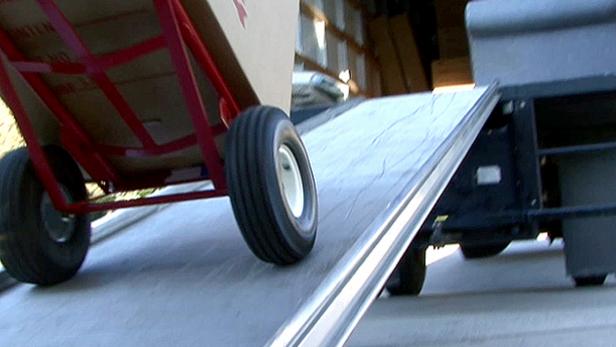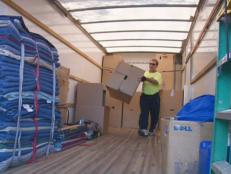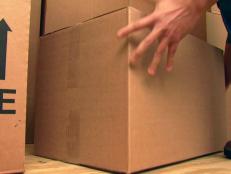Moving Expenses: What's Tax Deductible?

Moving, in short, isn't fun. Whether you pack and move your own stuff or pay someone else to do it, it takes time, energy and lots of money. Lucky for you, some of those expenses could be tax-deductible.
TO QUALIFY FOR RELOCATION DEDUCTIONS:
You must start a job within a year of your move. It is not necessary that you arrange to work before heading to a new locale.
Your employer cannot reimburse you for the expenses. If your employer does reimburse your expenses, you must claim the money as income on that year's tax return.
You must pass the "distance test." Your new job or business must be 50 miles further than your old job was from your previous home. If you don't have a previous workplace, your new job must be 50 miles from your former residence. If you move less than 50 miles, you must prove that your move was necessary for work or that a closer home is saving you time or money to get the deduction.
You must also pass the "time test." Once you relocate, you must work full-time for at least 39 weeks during the 12 months after you move. Self-employed workers have to meet the first criteria, plus they must work full-time for a total of 78 weeks in the first 24 months. If you moved in 2007 but did not meet the "time test" until after the tax deadline, you can still deduct the moving expenses. You can also file an amended return in 2008 after you've met the time limit.
THE BENEFITS
If you're eligible, you can start deducting expenses as soon as your belongings are on their way to a new town. You'll figure your moving expenses on Form 3903.
WHAT YOU CAN DEDUCT:
Travel by car. If you (or a member of your household) drive to your new digs, you can deduct the cost of gas and oil -- provided that you keep and document your receipts. You can also deduct the standard mileage rate of 20 cents per mile.
Packing and moving belongings. You can deduct the cost of packing, crating and moving your stuff from your former home to your new home. You can also deduct the cost of shipping pets or cars.
Storage costs. Once you move from your former home, any storage costs for the next 30 days are deductible.
Lodging expenses. You can start deducting expenses for lodging the day your furniture is removed from your old house. If your family does not travel together, you can deduct expenses for one trip per person.
WHAT YOU CANNOT DEDUCT:
Food expenses. All the snacks, drinks and meals bought on your trip come from you own pocket.
Moving costs for new furniture. If you buy furniture on the way to your new home, you cannot deduct the price of moving it. You also can't deduct the cost of the furniture -- no matter how good of a deal you get.
Detours or sightseeing on the way to your new home. You're on your own if you deviate from the most direct route to your new place.
Costs associated with buying or selling homes. This includes closing costs, mortgage fees and improvements to help sell your old home.
Trips other than the actual move. Costs from pre-move house-hunting trips or returns to your old haunt are not deductible.
Always consult your tax advisor. For more information about moving expenses, read IRS Publication 521.












































